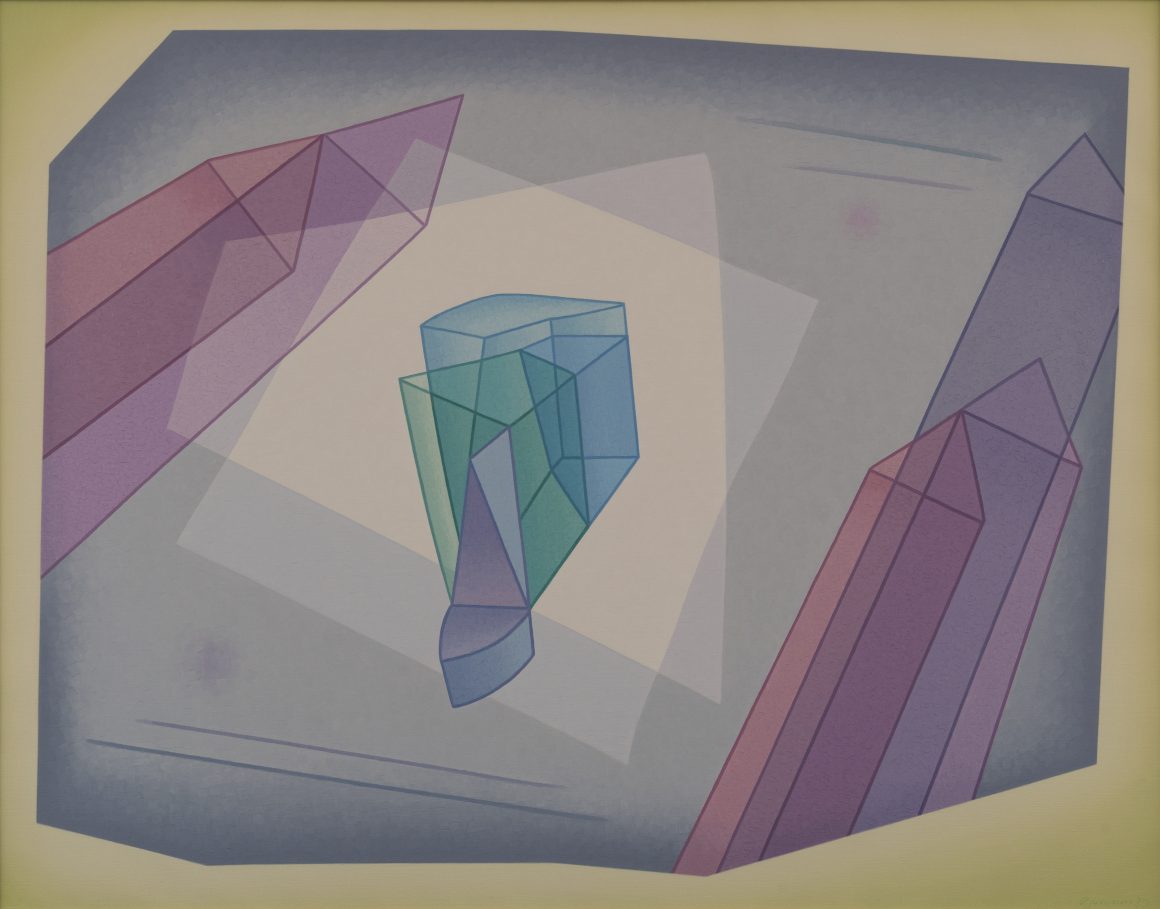by Nigel R. Bairstow Ph.D.Psychology Today
Key points
- Ancient Arab polymaths excelled by integrating diverse knowledge for lasting innovations.
- Modern challenges demand interdisciplinary approaches to foster creativity and adaptability.
- Lifelong learning and breaking silos enable holistic solutions for complex global problems.
There was a time when technology flowed from east to west; this was the golden age of the ancient Arab world, when knowledge flourished and scholars were not confined by the boundaries of single disciplines. These intellectual giants mastered and pionered the fields of science, arts, engineering, and astrology, embodying a spirit of versatility and curiosity that still resonates today. Luminaries such as Al-Farabi, the "Second Teacher" after Aristotle; Ibn Sina (Avicenna), a giant in medicine and philosophy; and Al-Khwarizmi, the father of algebra, demonstrated the immense value of cultivating multifaceted skills. They remind us also of later Renaissance polymaths like Leonardo da Vinci, whose work also spanned diverse fields.
This legacy prompts a thought-provoking question for our era: Could embracing a more holistic approach to education and problem-solving help us address today’s complex challenges? The lives and achievements of these ancient polymaths suggest that the answer is an overwhelming yes.
The Lasting Achievement of Arab Polymaths
During the golden age of the Arab world, roughly spanning the 8th to the 13th centuries, scholars gathered in stimulating intellectual centers such as Baghdad’s House of Wisdom. Here, knowledge from Greek, Indian, Persian, and Chinese civilisations was translated, studied, and expanded upon. These scholars did not view knowledge as silos of disciplines but as a unified web of understanding. For example, Ibn Sina combined his breakthrough knowledge of medicine, philosophy, and ethics to write his classic, The Canon of Medicine, a text that influenced medical practice for centuries to come. Similarly, Al-Khwarizmi’s pioneering work in algebra was deeply connected with his studies in astronomy and geography. Their ability to connect divergent fields of knowledge led to innovations such as the development of algorithms, advancements in surgical techniques, and architectural masterpieces like the Alhambra.These polymaths excelled because they embraced knowledge in its entirety. They were able to see the connectivity of ideas and used this understanding to solve complex problems and create systems that endure to this day.
The Case for Modern Polymaths
In our modern world that often prioritises specialisation, the polymathic approach may seem outdated. Yet many of today’s global challenges—climate change, pandemics, technological ethics, and social inequality—are inherently interdisciplinary. They cannot be solved by expertise in a single domain alone.
A holistic approach to learning and problem-solving fosters innovative thinking. Polymaths are often able to draw connections that others might miss. For example, combining insights from ecology and urban planning can lead to urban architectural designs that embrace sustainability while integrating artificial intelligence with sociology and ethics that can help address biases in technology.
Adaptability is another crucial advantage of this approach. In a fast-moving world, professionals who possess a broad skill base are much better equipped to navigate uncertainties and seize opportunities. Their versatility allows them to make meaningful contributions in multiple contexts and adapt their expertise to new challenges.
Additionally, polymaths often act as bridges between specialists, facilitating communication and collaboration across disciplines. Also, they promote a deeper understanding of interconnected problems.
Adopting the spirit of the polymath begins with how we change our approach to education and professional development. We find today that our educational systems push individuals to specialise early, but there is immense value in fostering a balance between breadth and depth.
Multifaceted education is a key starting point. Encouraging students to explore diverse subjects will help foster creativity and critical thinking, qualities essential for innovation. Universities and institutions could benefit greatly from creating interdisciplinary programs that blend sciences, arts, and humanities. Of equal importance is cultivating a mindset of lifelong learning. The ancient Arab scholars pursued knowledge for its own sake, driven by curiosity and a passion for discovery. This attitude is as relevant today as it was then. Embracing continuous learning and remaining open to new fields can lead to surprising insights and solutions.
